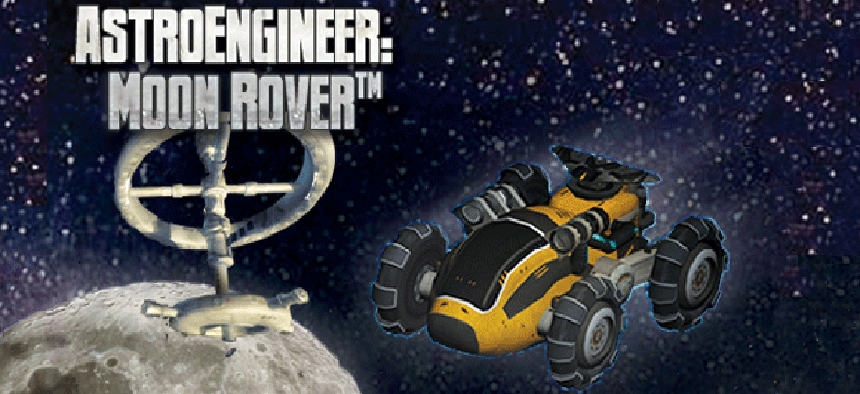NSF, NASA gamification help get STEM ed get off the ground

The National Science Foundation funds development of STEM games such as those by Wisdom Tools, and NASA helps ensure their accuracy.
Children are literally the future of our country, but compared to a lot of the rest of the world, the United States seems to be lagging in the science, technology, engineering and mathematics (STEM) disciplines. That is why a big part of government's gamification efforts encourage talented kids to pursue careers in those areas.
This week at the International Society for Technology in Education conference in San Antonio, that effort was on display with a variety of new games designed to bridge the gap between STEM careers and young people.
One of the companies, WisdomTools, was showing off its newest titles that were developed in cooperation with the National Science Foundation and NASA, which helps ensure the content is accurate. They run on PCs, iOS devices and Android phones and tablets.
Sonny Kirkley, CEO of WisdomTools, said that NSF funded the research into the games to encourage STEM education. The company got funding not only build the games but also to measure their effectiveness as incentives for learning and developing an interest in STEM careers. Kirkley added that the new games target girls, as well as minority children and those from low-income families.
WisdomTools’ games on display at ISTE 2013 include:
- AeroEngineer: Race To Mars, challenges players to start a shipping company to transport materials from a moon base to Mars. Players need to recruit the best crew, engineer a proper spacecraft and honor all the goals of their specific contracts.
- AstroEngineer: Moon Rover, takes place during an emergency on the moon. Players need to quickly assemble a rover that can handle the harsh lunar atmosphere and then race it to rescue a group of trapped astronauts. Throughout the game, players use problem-solving skills to develop and test solutions when limited by environmental, budget and technical constraints.
- Mission Control: Lunar Quest is an interactive iBook that exposes younger children to STEM content in an accessible and engaging format. As children read the story, they will find videos, interact with characters and solve problems to help create a successful moon mission.
Altogether, the NSF has 12 booths at the ISTE show from companies with games that were created using NSF grant money.
These games are a great example of a public/private partnership that is working hard to keep the United States ahead in the core scientific disciplines. Having played a couple of the game demos myself, I can say that they are well-made, engaging and full of great information. I wish games like this were more available when I was growing up, but I'm at least happy that the government is supporting STEM education today.





